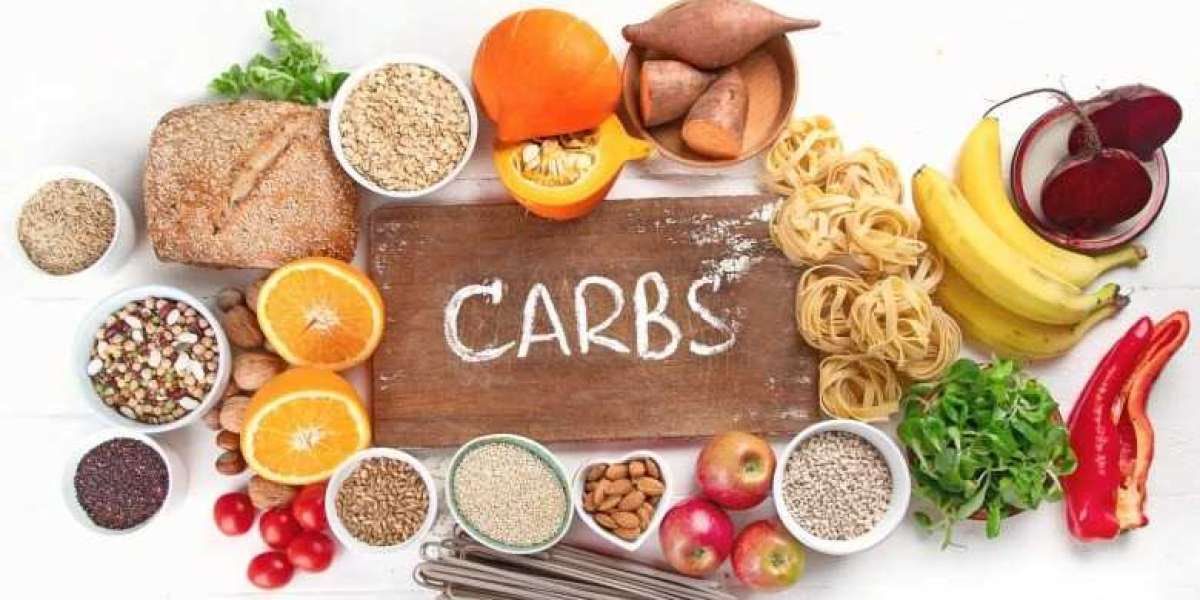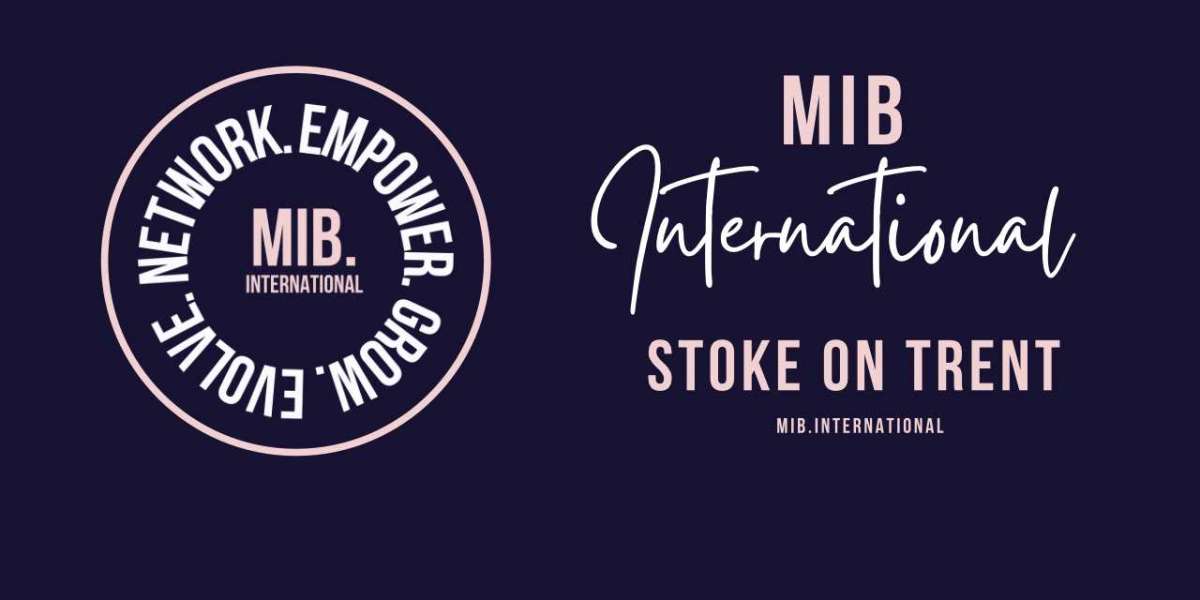The idea of a "zero-carb" diet has gained traction, promising rapid weight loss and improved health. However, the concept of completely eliminating carbohydrates from your diet is often misleading and potentially harmful.
Understanding Carbohydrates: More Than Just Empty Calories
Carbohydrates are a crucial macronutrient, providing the body with essential energy. They are not just found in sugary treats; they are also present in a wide range of whole foods, including fruits, vegetables, and whole grains. These foods offer a wealth of vitamins, minerals, and fiber, all vital for optimal health.
The Truth About "Zero-Carb" Foods
The term "zero-carb" is often used loosely and can be misleading. Most foods naturally contain some carbohydrates, even in small amounts.
- Meat and Fish: While generally low in carbohydrates, they may contain trace amounts from glycogen stores.
- Eggs: Contain a small amount of carbohydrates.
- Dairy: Varies depending on the type. Cheese and yogurt are generally low, while milk contains some lactose.
- Nuts and Seeds: Contain small amounts of carbohydrates, primarily in the form of fiber.
The Dangers of Extreme Carb Restriction
Severely restricting carbohydrate intake can have significant health consequences:
- Nutrient Deficiencies: Eliminating whole grains, fruits, and vegetables can lead to deficiencies in essential vitamins, minerals, and fiber.
- Fatigue and Weakness: Carbohydrates are the primary source of fuel for the brain and muscles. Severe restriction can cause fatigue, weakness, and difficulty concentrating.
- Digestive Issues: Low-fiber diets can lead to constipation and other digestive problems.
- Metabolic Problems: Long-term restriction can disrupt metabolic processes and increase the risk of health issues.
Finding a Balanced Approach
Instead of focusing on completely eliminating carbohydrates, a more sustainable and healthy approach is to prioritize whole, unprocessed sources.
- Focus on Whole Foods: Include plenty of fruits, vegetables, and whole grains in your diet.
- Choose Healthy Protein Sources: Opt for lean meats, poultry, fish, beans, lentils, and tofu.
- Limit Processed Foods: Avoid sugary drinks, refined grains, and processed snacks.
- Prioritize Healthy Fats: Include sources like avocados, nuts, seeds, and olive oil.
Conclusion
The concept of "zero-carb" foods is often oversimplified and can be misleading. While it's important to make healthy choices, completely eliminating carbohydrates from your diet can have significant health consequences. A balanced approach that emphasizes whole, unprocessed foods is the key to a healthy and sustainable diet.








